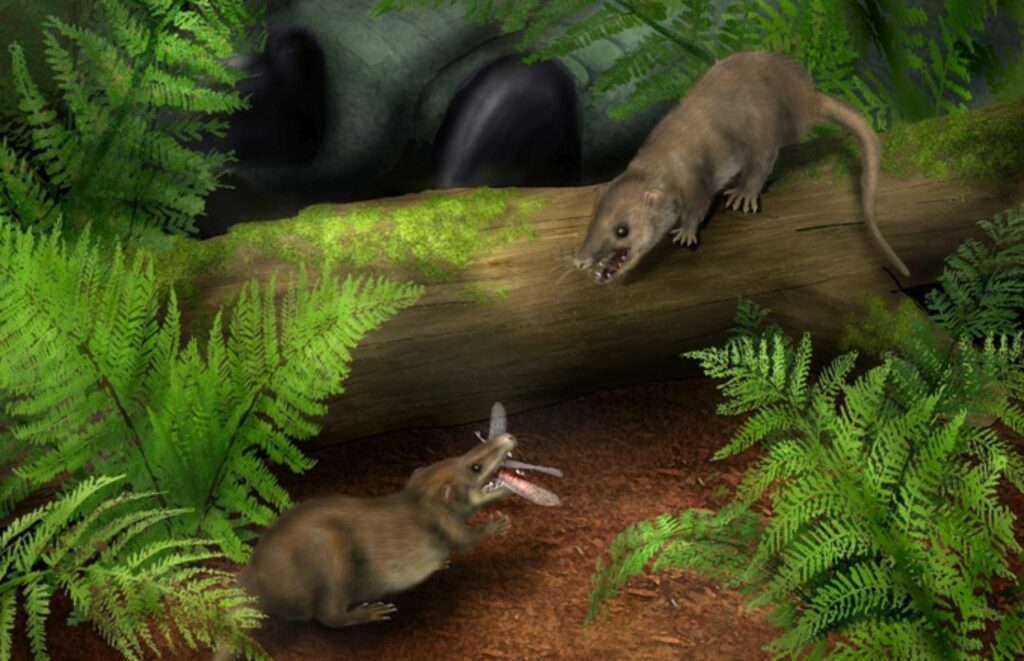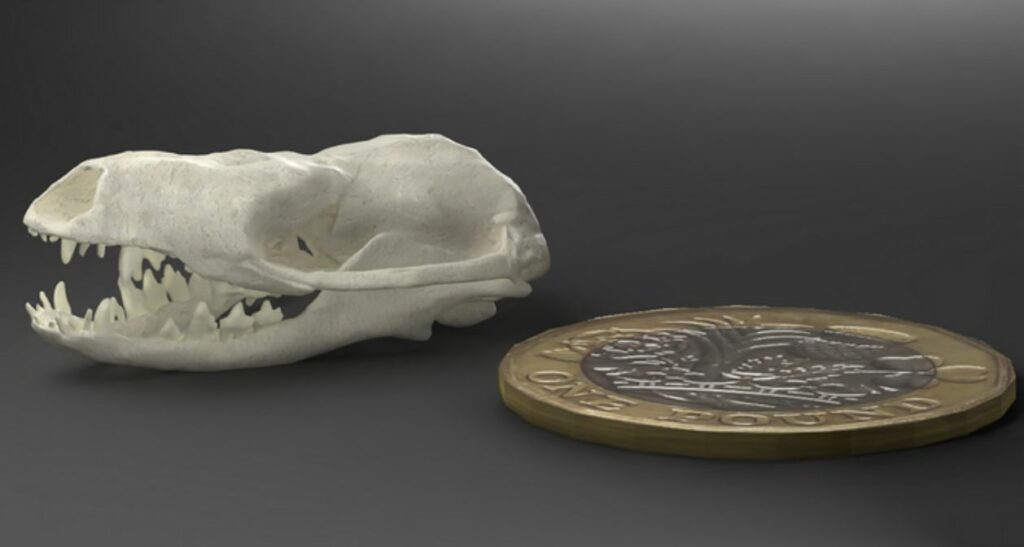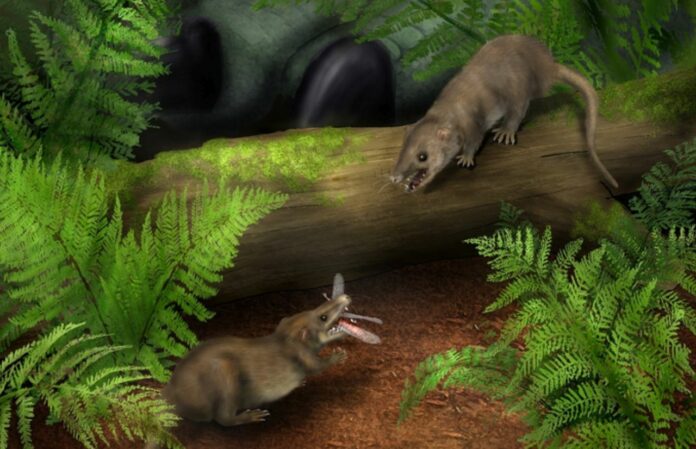A World of Giants: How Mammals Thrived Despite Dinosaurs
According to a recent study, the success of modern mammals can be attributed to their ancestors starting out small and simple.
Unlike many other vertebrate groups such as fishes and reptiles, the earliest ancestors of modern mammals had a skull and lower jaw composed of numerous bones over 300 million years ago.
However, during the course of evolution, early mammals began reducing the number of skull bones around 150 to 100 million years ago.
In a study published today in Communications Biology, a team of international palaeontologists revealed how they investigated the purpose of skull simplification using computer simulations and stress analyses.
Contrary to what had been hypothesized for many decades, their research found that reducing the number of skull bones did not result in higher bite forces or increased skull strength.
Rather than increasing bite forces or strengthening the skull, the study revealed that early mammals achieved a more efficient feeding mechanism through the restructuring of their skull shape, which redirected stresses during feeding.
“Reducing the number of bones led to a redistribution of stresses in the skull of early mammals,” explains lead-author Dr. Stephan Lautenschlager.

“Stress was redirected from the part of the skull housing the brain to the margins of the skull during feeding, which may have allowed for an increase in brain size.
“Changes to skull structure combined with mammals becoming smaller are linked with a dietary switch to consuming insects – allowing the subsequent diversification of mammals which led to development of the wide-range of creatures that we see around us today.”
Additionally, the study indicated that early mammals underwent a significant reduction in size, with some specimens having a skull length as small as 10-12 mm. As a result, their available food sources were considerably limited, and they adapted to primarily consuming insects.

The combination of reduced skull bones, small size, and a dietary shift to insects enabled the ancestors of modern mammals to flourish in the presence of dinosaurs.
However, it was only after the extinction of dinosaurs at the end of the Cretaceous, about 66 million years ago, that mammals were able to further diversify and attain the broad range of body sizes we observe today.
Image Credit: Dr Stephan Lautenschlager, University of Birmingham
